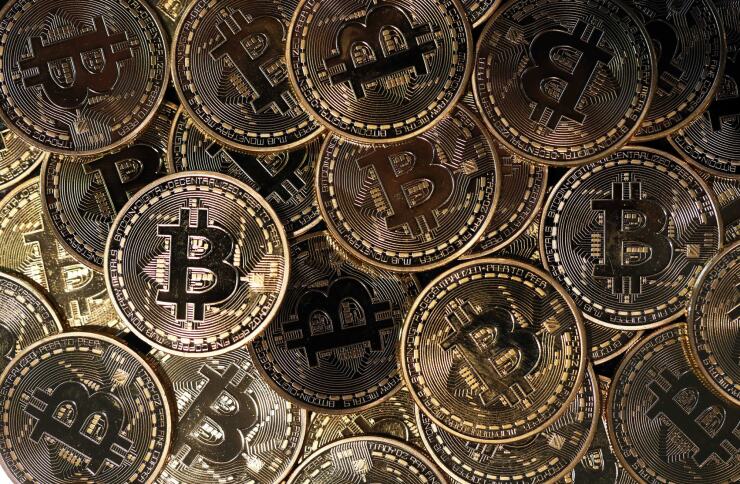Bitcoin's valuation spike in recent months has cemented its status as more of a trading asset than a way to make payments.
The volatility has caused one company that was accepting bitcoin to drop the currency. Gaming and entertainment platform
The bitcoin network is charging close to $20 per transaction, Steam claims in its announcement, adding that's far more than the 20 cents it was charged when it initially enabled bitcoin. Steam said it has no control over the amount of the fees, which add to transaction costs. Steam did not return a request for comment by deadline, and its announcement did not say how long it has been accepting bitcoin.

The volatility of bitcoin has become "extreme" in the last few months, losing and gaining value rapidly, which Steam contends creates problems when purchasing games since consumers transfer "x" amount of bitcoin for the cost of the game, plus a "y" amount for a transaction fee.
The value of bitcoin is only guaranteed for a short period of time, meaning the transaction amount can change, a gap that has recently become significant, according to Steam, which reports one option is to ask users to transfer more funds, or issue refunds.
Steam, which did not return a request for comment by deadline, called the fees "untenable" in its announcement, though the gaming company will reevaluate bitcoin as a payments option in the future.
That volatility has made bitcoin more of a trader's market, with





